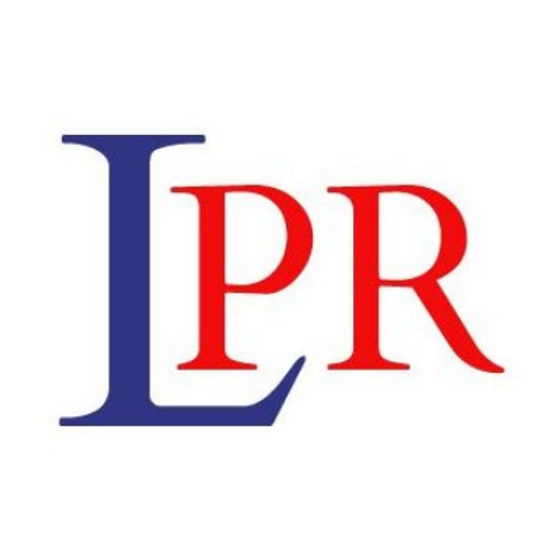Canada’s property and casualty insurance industry is advised to establish a policy and train employees to comply with Bill 96, Quebec’s French language law, which calls for all policy contracts with clients in the province to be done in French first.

This article is shared with the kind permission of Canadian Underwriter. Original article here
Insurance providers “should have an overlaying company policy saying, ‘Here is how we, as an MGA or insurer, etc., are handling production of all of our insurance policies with respect to Bill 96,’” said Elaine Collier, senior auditor at Pro Global, which conducts Lloyd’s audits of Canadian and U.S. coverholders. “They should have something they ensure all staff are aware of as part of their training: ‘This is what you need to do.’”
Under Bill 96, passed in 2022, businesses offering goods or services in Quebec must inform and serve their Quebec clientele in French first. “This principle is now an express obligation which, if contravened, is an offence punishable by fines,” as Stikeman Elliott notes on its website.
Application anticipation
It’s unclear how Quebec’s government and courts will interpret the scope of the law’s application. For example, ambiguity exists around whether the law’s reach will extend to insurance providers with offices both inside and outside Quebec.
“If, for example, the insured and the main risk is located and domiciled in Ontario but there may be secondary locations in Quebec, I think a case could be made that you could issue everything in English,” Collier says. “But if there is some variation on that, it might be better to default to issuing a separate policy in French for Quebec locations.
“I think [the company policy is] something each entity has to decide for themselves.”
Whatever the corporate policy, insurance providers must make sure front-line staff who serve the clients know how to issue documents in proper accordance with the provisions of Bill 96.
“It’s not just a discussion for the higher-ups — the lawyers and presidents,” Collier told Canadian Underwriter in an interview. “It filters right down to the front-line…It’s a training issue as much as anything else.”
Insurance providers serving customers and clients in Quebec should be prepared to prove they issued a French version of the policy documents to the consumer first, before the customer provides express consent to receive English copies of policy documents.
“Section 55 [of Bill 96] clarifies that the French version of the agreement must have “been given to the other party” and that [the consumer] must have ‘explicitly expressed willingness’ to conclude an English version of the agreement,” as the law firm Gowling WLG notes on its website.
Documentation equations
Keeping track of this may be complicated, as Collier observes.
“If our English [clients] want [their policies] in English, they have to make a formal request to have it in English,” Collier says. “And [insurance providers] need to adequately document their files, which is often poorly done. In some of my audits prior to Bill 96, there’s nothing clearly retained in an underwriting file that tells me the client said, ‘Yes, I would like my policy in English.”
Issuing renewal policies will also be complicated, Collier adds. For example, if the policy was first issued in French, and the consumer at that point confirms a preference to receive further documents in English, can the renewal policies be issued in English? Or must they be delivered in French first?
Insurance providers “need to have a renewal strategy so that any policies outside of the envelope [of the law] are [translated into French] in a certain amount of time,” Collier says. “All renewals have to be done in a different light…
“This is an area where probably not enough attention is being paid, but more attention should be paid. Do [insurance providers] just issue renewable [French] declarations and they don’t provide [French] copies of the wordings? That’s a risk factor there.”
Translation situation
Translating English insurance policies to French is not as easy as it sounds, for several reasons. For example, Collier’s seen examples of French and English sections contained in a single insurance policy document.
“How do we deal with all of these policies we have that are…what I call ‘moitié-moitié,’ which is half and half?” she asks. “You might get a dec page that’s French and a Lloyd’s endorsement in English, and then another endorsement that’s in French. Some of them can be messy.
“How are they going to deal with that legally? Because there’s still some discussion about the legislation and there’s also been no testing of this new legislation in the courts.”
Plus, translating documents is a nuanced art that includes technical industry jargon. Ambiguity exists around specialty or manuscript wordings that have no Quebec equivalent, and/or have not been tested in the Quebec courts under the Civil Code.

Meet our expert
Name: Elaine Collier
Job title: Senior Auditor (Canada)
Get in touch
To speak to the Pro Global team please feel free to reach out to us at:

Lysander PR
To contact our PR team directly please use the link below



 View Previous
View Previous 